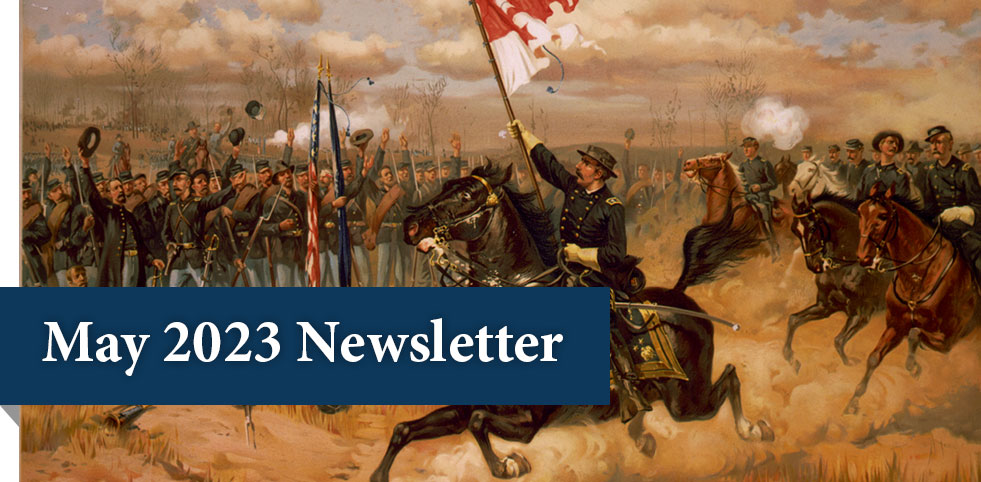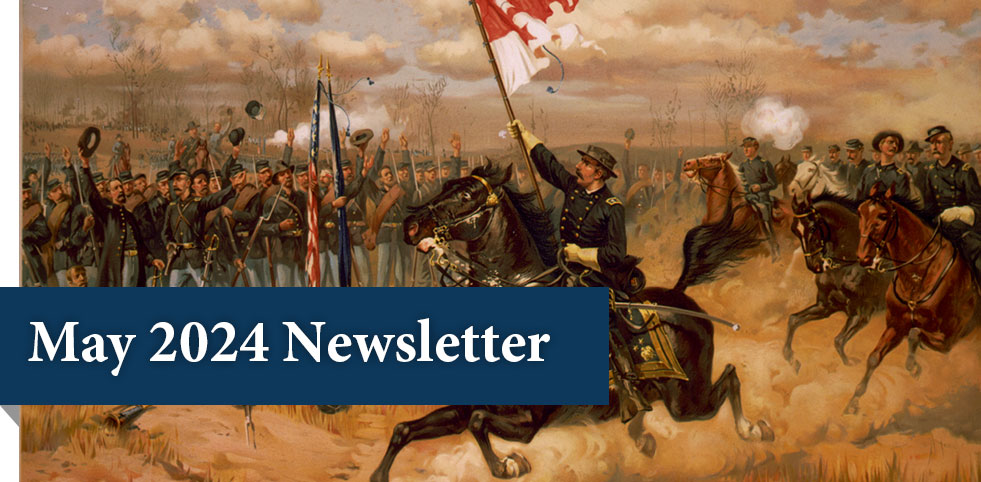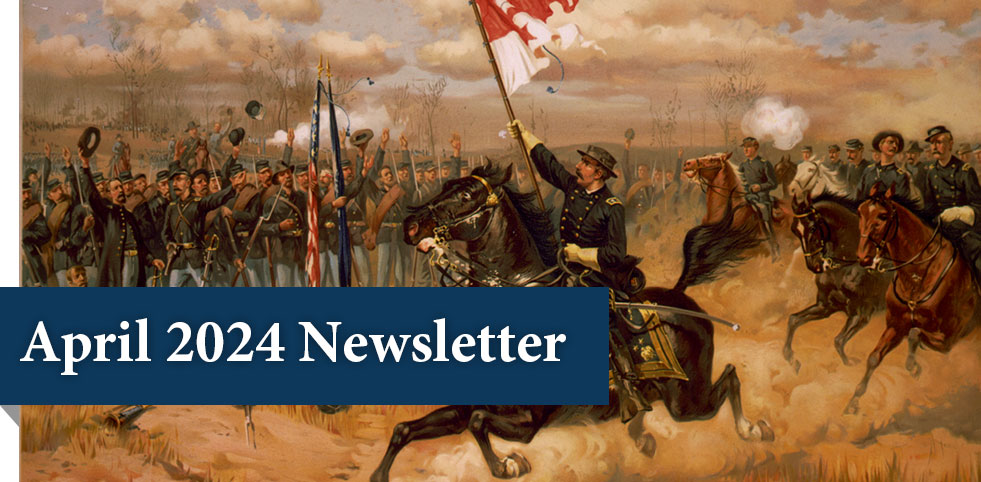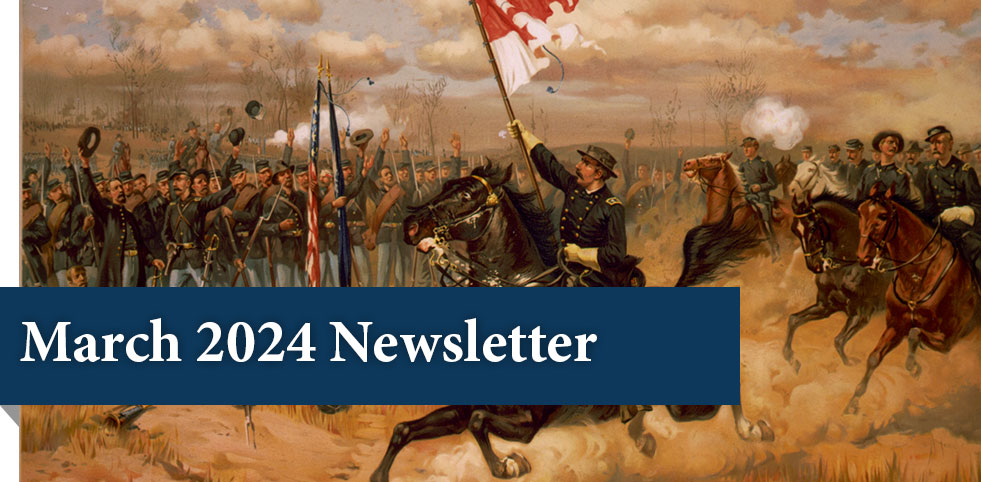Dr. Patrick Lewis is the Director of Collections & Research at the Filson Historical Society and co-editor of Ohio Valley History journal. A Trigg County native, he graduated from Transylvania University and holds a Ph.D. in History from the University of Kentucky. He previously worked for the National Park Service and the Kentucky Historical Society and has won grants from the National Endowment for the Humanities, the National Historical Publications and Records Commission, the Andrew W. Mellon Foundation, and the James Graham Brown Foundation. Lewis is author of For Slavery and Union: Benjamin Buckner and Kentucky Loyalties in the Civil War (University Press of Kentucky, 2015) and co-editor of Playing at War: Identity & Memory in American Civil War Era Video Games, under contract with LSU Press. ■
President’s Report | What Is Juneteenth?
Juneteenth (short for “June Nineteenth”) marks the day when federal troops arrived in Galveston, Texas in 1865 to take control of the state and ensure that all enslaved people be freed. Juneteenth honors the end to slavery in the United States and is considered the longest-running African American holiday.
Although the Emancipation Proclamation came into effect on January 1, 1863, the Federal government could not enforce it in places still under Confederate control. And even after Confederate General Robert E. Lee had surrendered at Appomattox Court House in April 1865, slavery remained relatively unaffected in Texas. Freedom finally came on June 19, 1865, when 2,000 Union troops arrived in Galveston Bay, and Union General Gordon Granger stood on Texas soil and read General Order No. 3: “The people of Texas are informed that, in accordance with a proclamation from the Executive of the United States, all slaves are free.”
This day came to be known as “Juneteenth,” by the newly freed people in Texas. Although it has long celebrated in the African American community as a second “Independence Day,” this monumental event has, until recently, remained largely unknown to many Americans.
In 1979, Texas became the first state to make Juneteenth an official holiday. In June 2021, Congress passed a resolution establishing Juneteenth as a national holiday. President Biden signed it into law on June 17, 2021.
Incidentally, General Granger, who died at Santa Fe, New Mexico in 1876, was married to the former Maria Letcher, daughter of a Lexington, Kentucky physician. Granger is buried in the Lexington Cemetery. ■
Kent Masterson Brown




